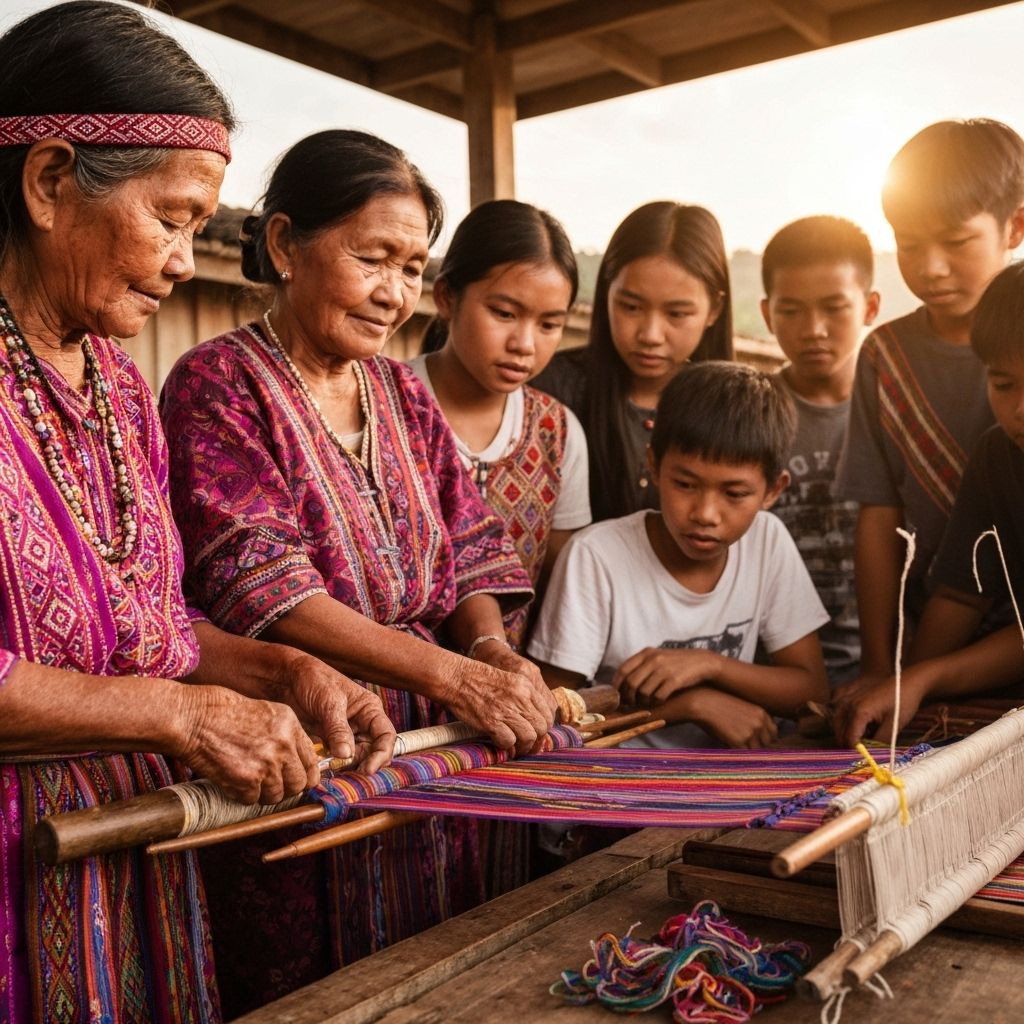testing 2
badjkajd jwdwajkdjaw djk wajdlkawjdk jawkdjlwka jdkawjd kawlmdkasmdkasndkanwkdnalkwdnksadnkadkaw kw kdajwd awkd jklwakda...
Read MoreNueva Ecija Provincial Office
Request for your Certificate of Confirmation (COC) online, access important resources, and stay connected with your community.
Request COC
Nueva Ecija is home to diverse indigenous groups with rich cultural heritage and traditional practices
The Aetas are among the earliest inhabitants, known for their resilience and farming traditions.
The Altas are upland dwellers, closely related to the Dumagat, recognized for farming and forest resource use.
The Bag-o people are highland migrants, blending Ilocano and Cordilleran traditions in farming and crafts.
The Badjao, or “sea gypsies,” are known for their seafaring, fishing, and boat-dwelling culture.
The Bontoc are famous for their rice terraces, woodcarving, and rich warrior traditions.
The Bugkalot, also called Ilongot, are known for their strong sense of independence and forest-based livelihood.
Indigenous peoples from the Cordillera, known for rice cultivation, weaving, and mountain traditions.
The Dumagats are riverine people, recognized for fishing, hunting, and their forest-based traditions.
Gaddang are skilled weavers and farmers, noted for their colorful textiles and craftsmanship.
The Ibaloi are highland farmers of Benguet, known for cattle raising, rice cultivation, and rituals.
The Ibanag are river valley settlers, famous for farming, fishing, and their rich oral traditions.
The Ifugao are stewards of the Banaue Rice Terraces, known for woodcarving, rice rituals, and weaving.
The Itawis are valley dwellers of Northern Luzon, known for farming, fishing, and weaving.
The Itneg (Tinguian) are upland farmers and weavers, deeply rooted in animist rituals and traditions.
The I-wak are Cordilleran highlanders, recognized for rice farming, weaving, and their close kinship ties.
The Kalanguya are terrace farmers and swidden cultivators, with traditions centered on rice and forest life.
The Kalinga are known for their warrior heritage, body tattoos, weaving, and vibrant rituals.
The Kankanaey are terrace builders, gardeners, and weavers, respected for their community rituals and dances.
The indigenous people of Nueva Ecija play a significant role in agriculture and traditional crafts
Many Aetas practice organic agriculture, growing root crops like cassava, sweet potatoes, and yams
Indigenous artisans produce woven baskets, rattan furniture, and tribal accessories
Dumagat groups continue river fishing and hunting using traditional techniques
We provide assistance with applications for Certificates of Confirmation, an official document that confirms an individual's Indigenous identity and status. This certificate is important for accessing various programs, services, and rights specifically designated for Indigenous peoples.
Our experienced team guides applicants through the entire process, from documentation preparation to submission and follow-up with relevant authorities.
Gather all required documents including ID photos, birth certificate, and obtain certification from your tribal chieftain.
Fill out the Information Index Form and Genealogy Form completely and accurately with all required information.
Submit your completed application form with all supporting documents.
For centuries, the indigenous peoples of Nueva Ecija have maintained their unique cultural identity, traditional knowledge systems, and sustainable way of life. Our communities are living repositories of ancestral wisdom, traditional crafts, and ecological knowledge.
Weaving, pottery, and handicrafts passed down through generations

badjkajd jwdwajkdjaw djk wajdlkawjdk jawkdjlwka jdkawjd kawlmdkasmdkasndkanwkdnalkwdnksadnkadkaw kw kdajwd awkd jklwakda...
Read MoreIndigenous Peoples represent an extraordinary tapestry of cultures, histories, and knowledge systems spanning every corn...
Read More